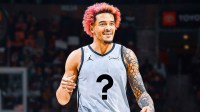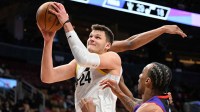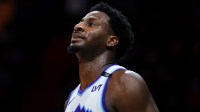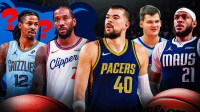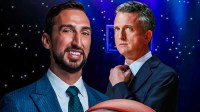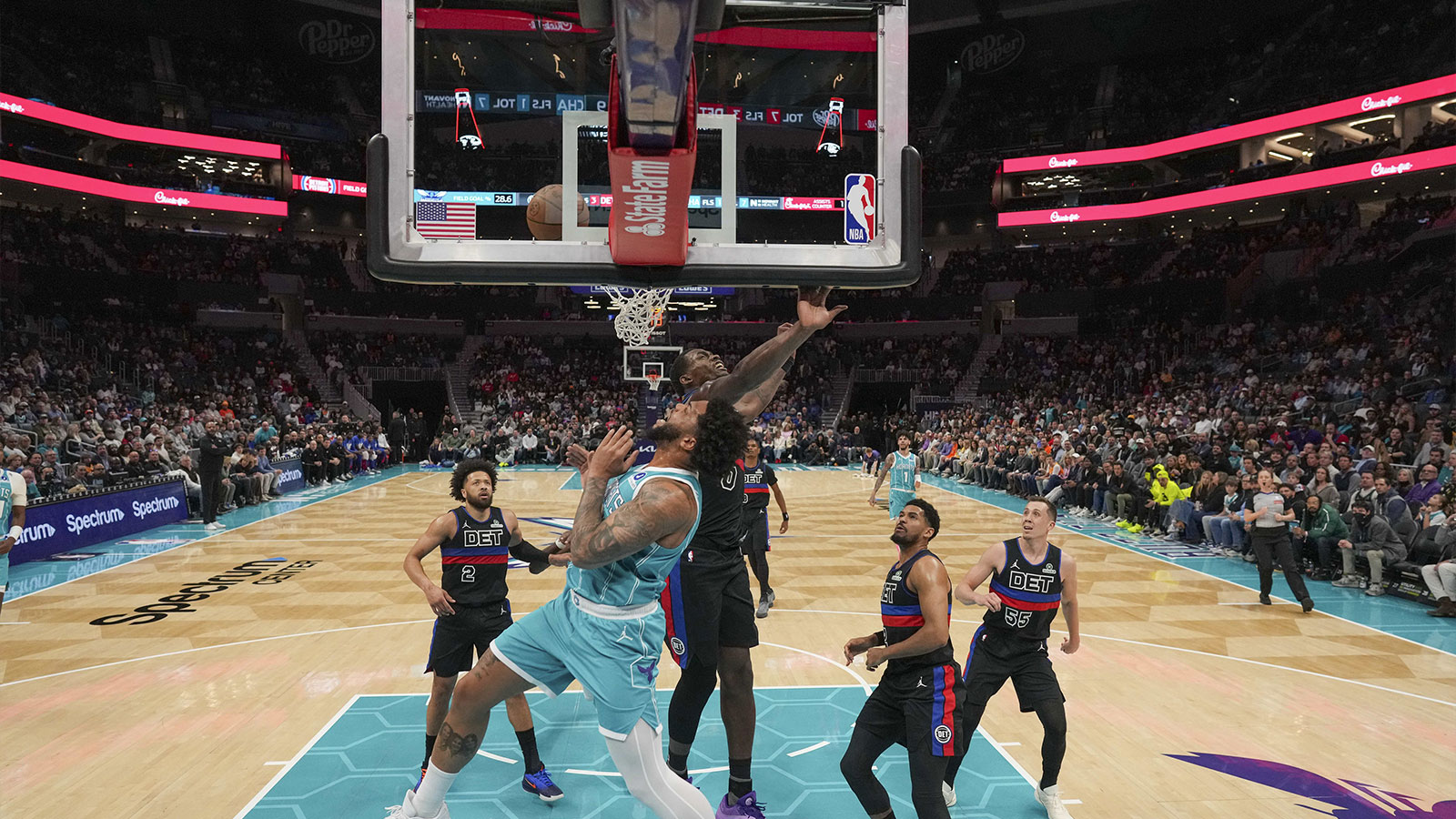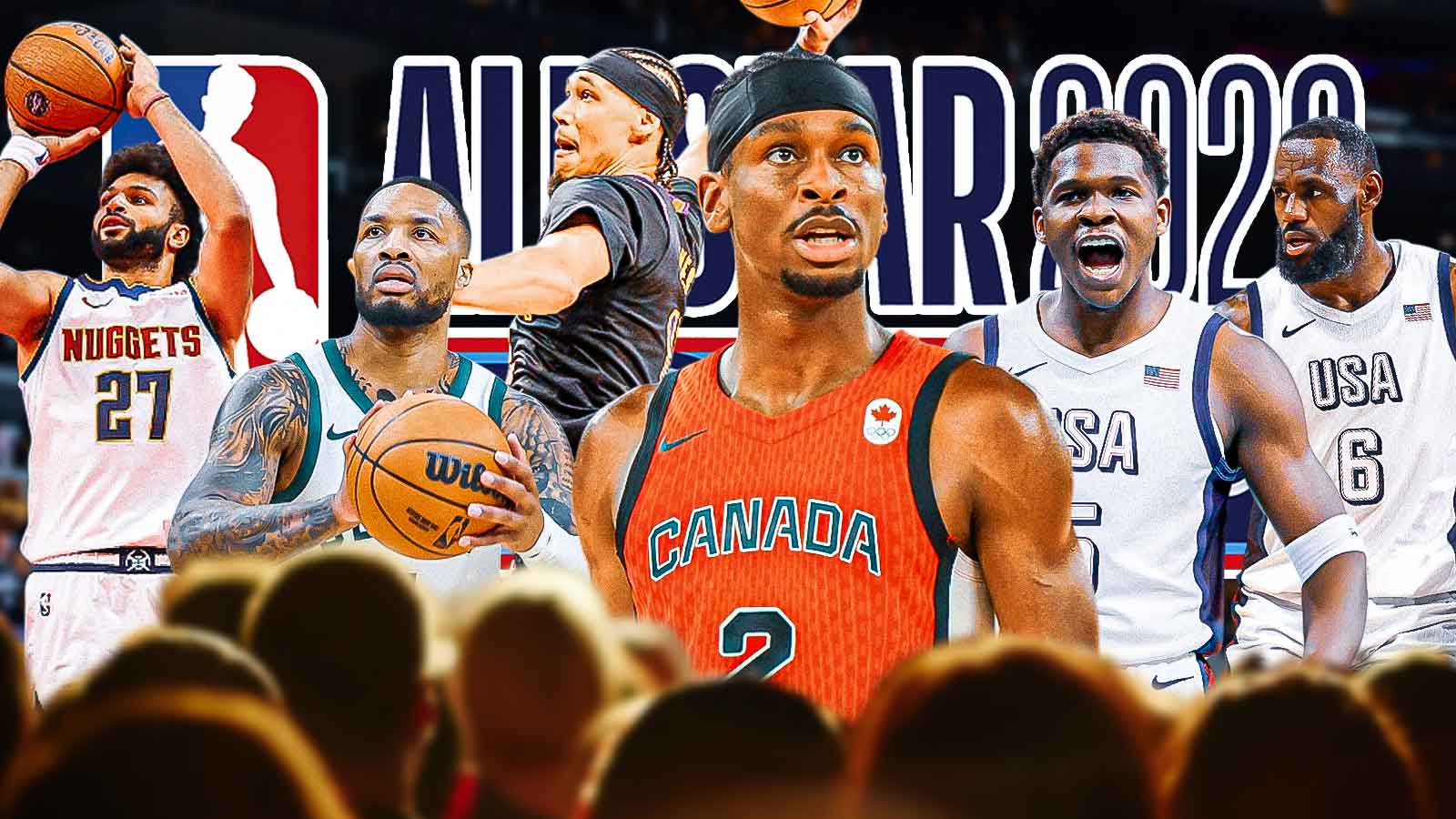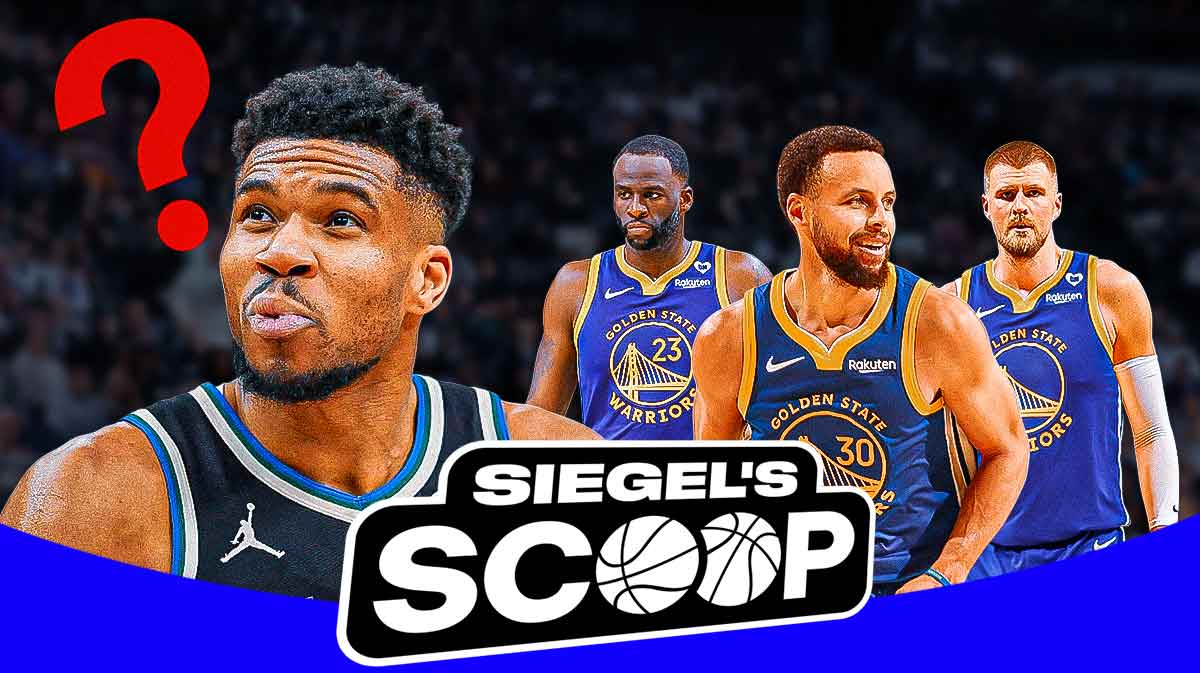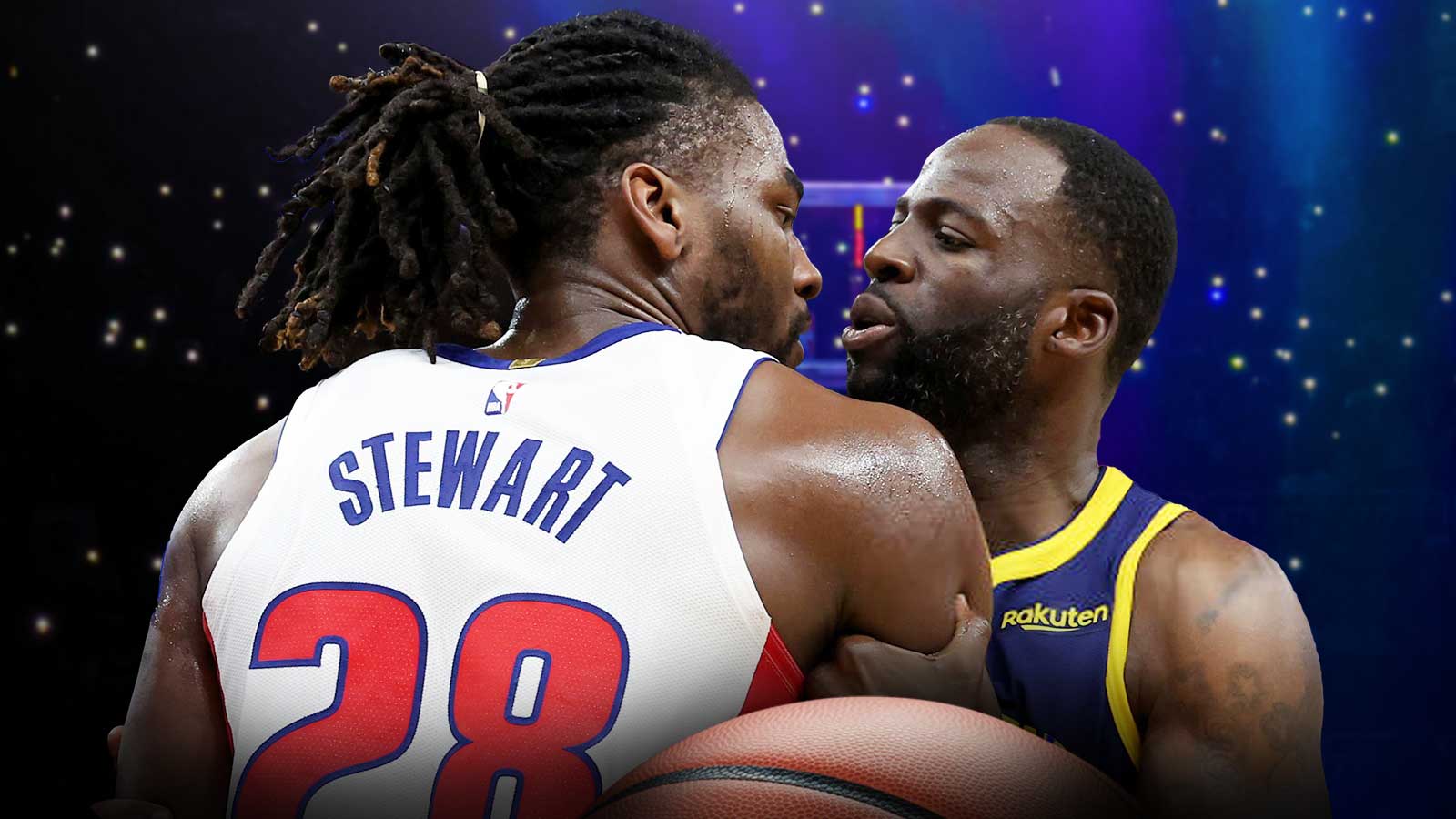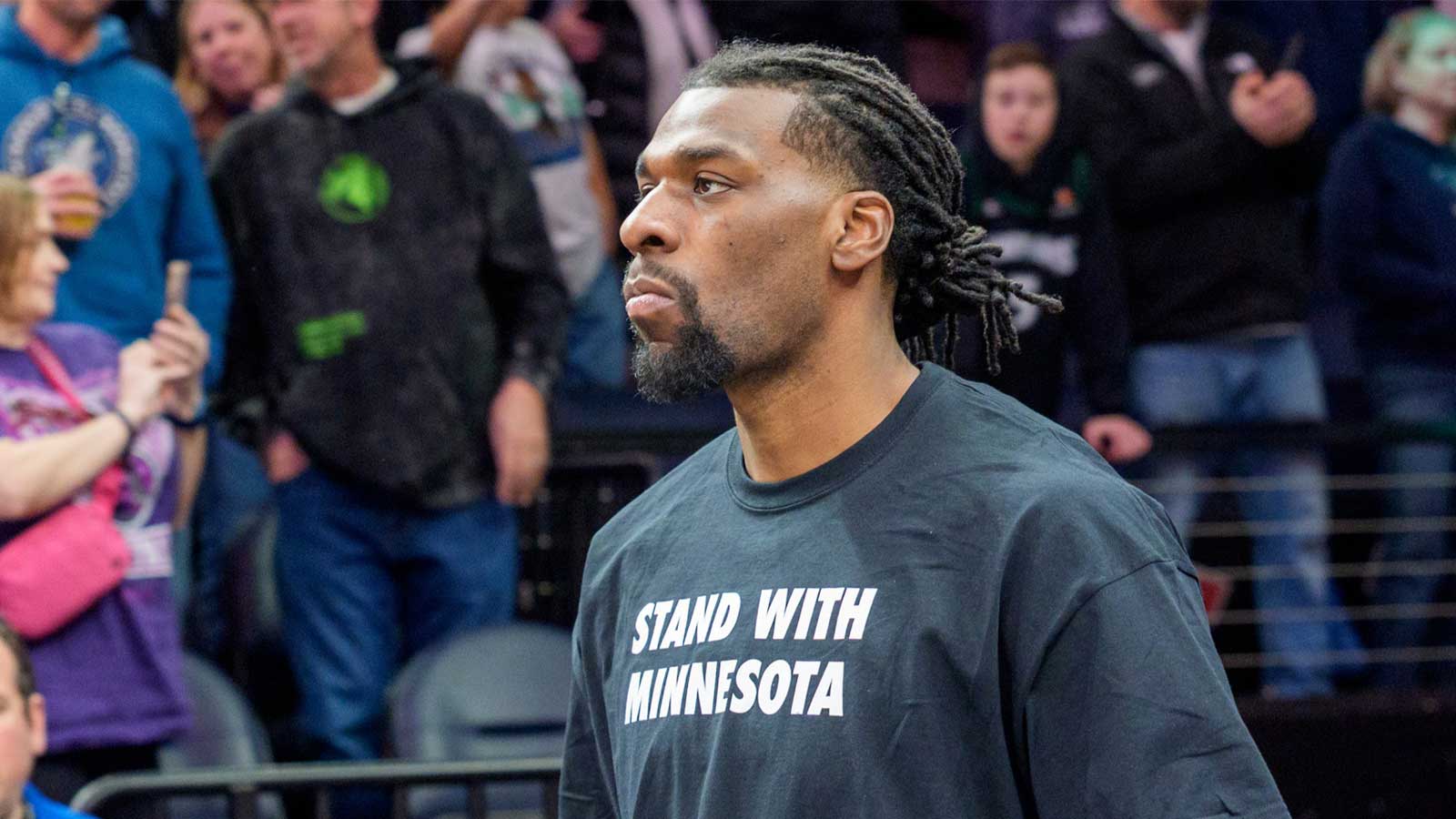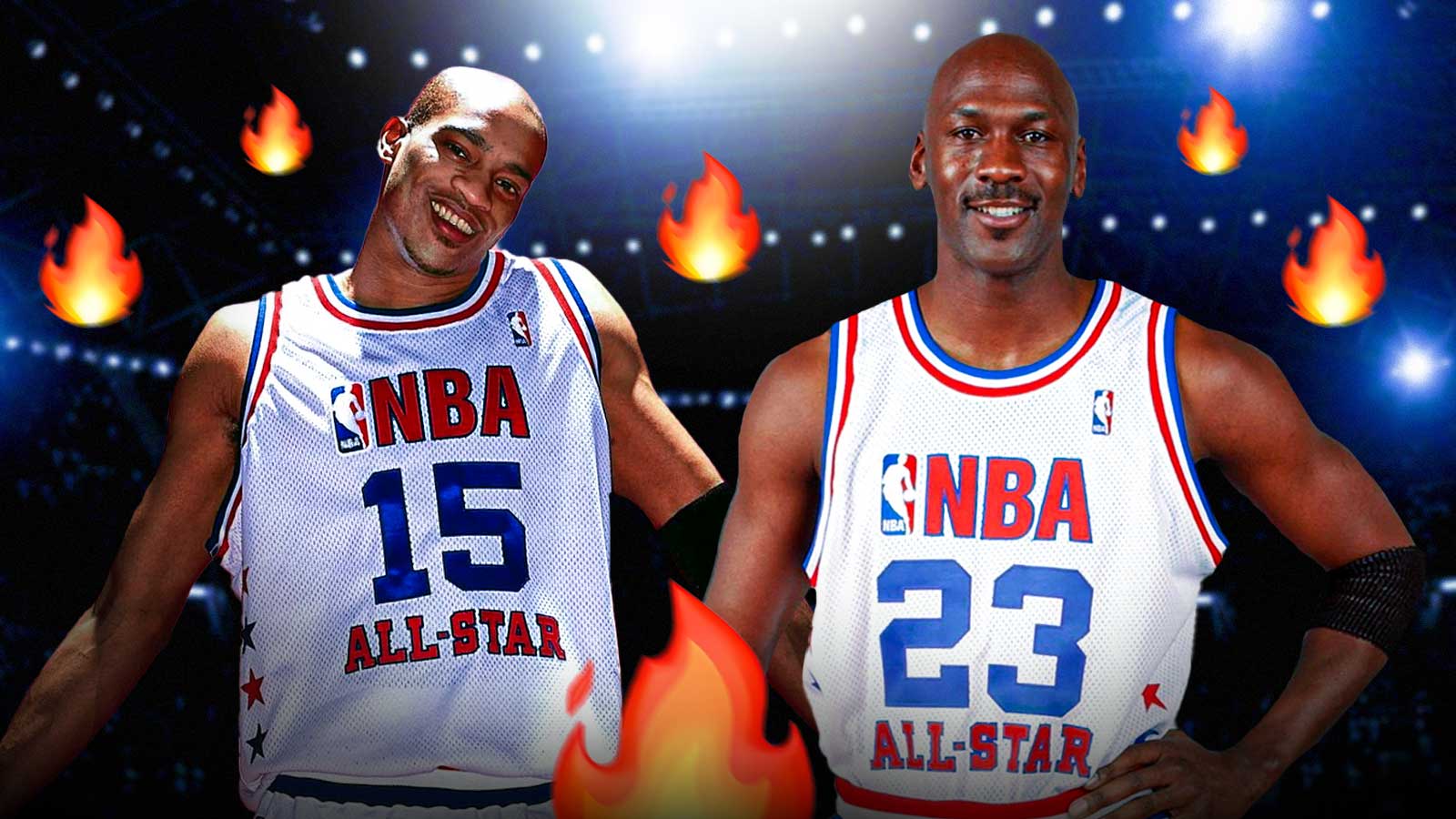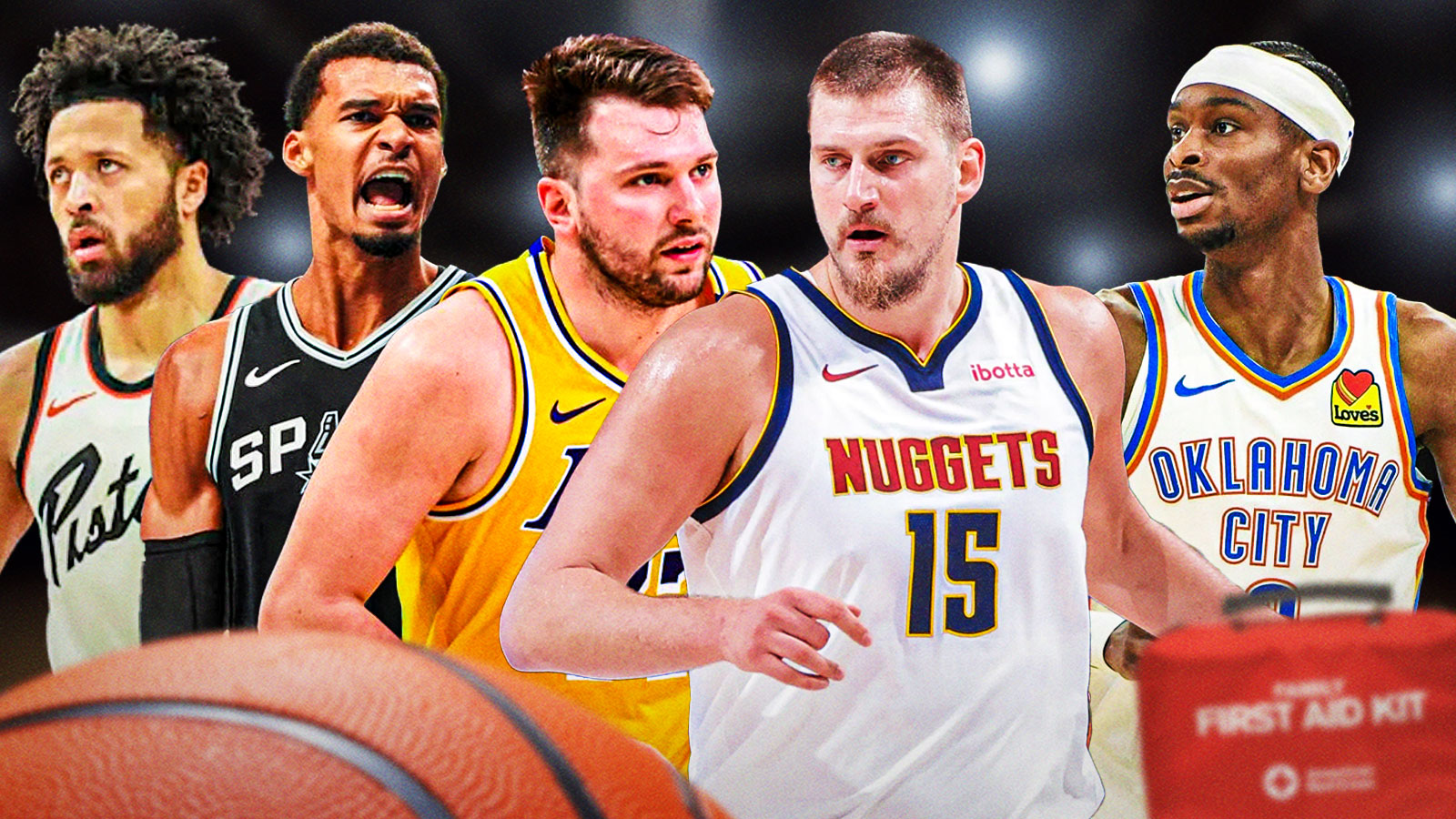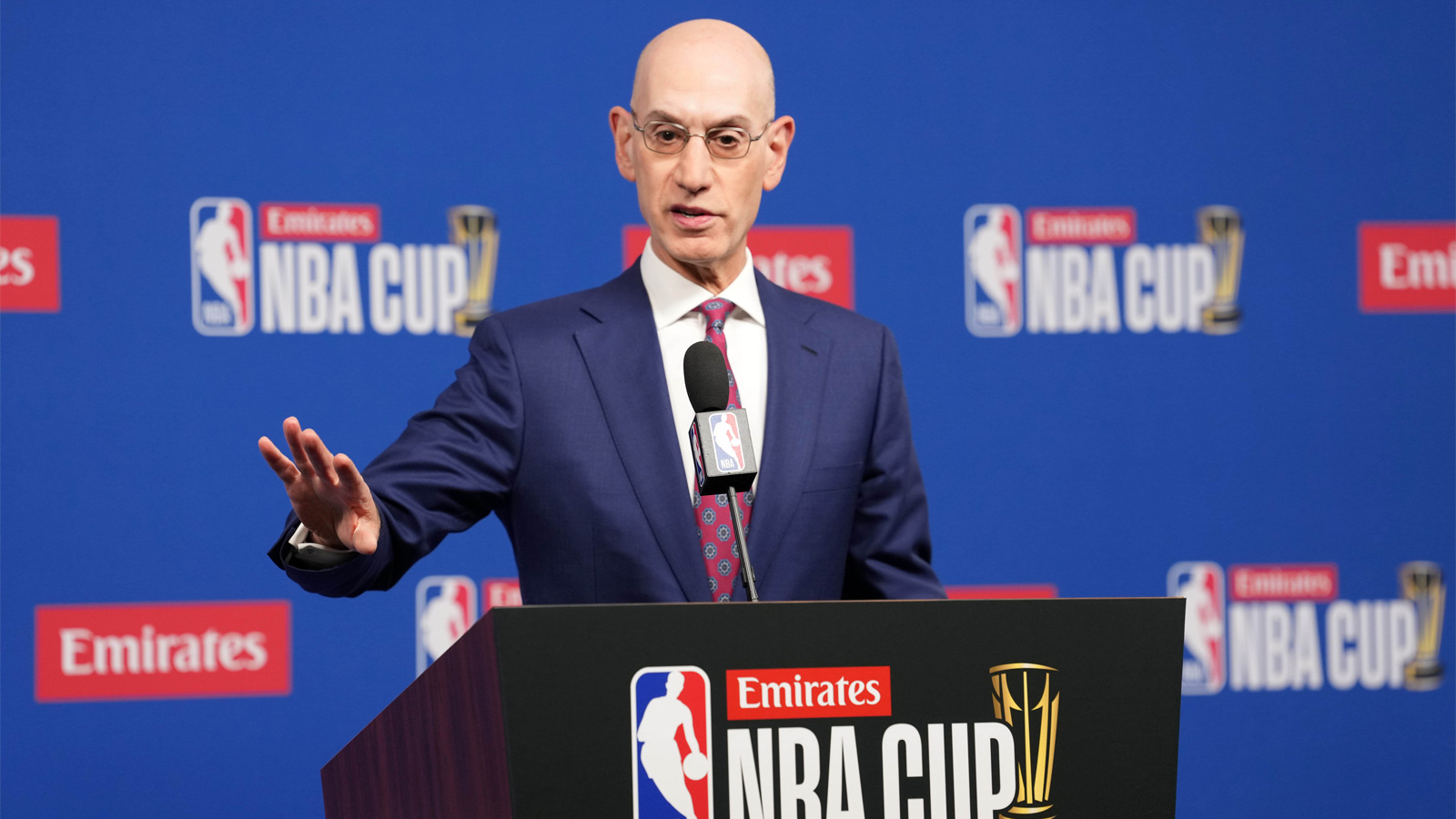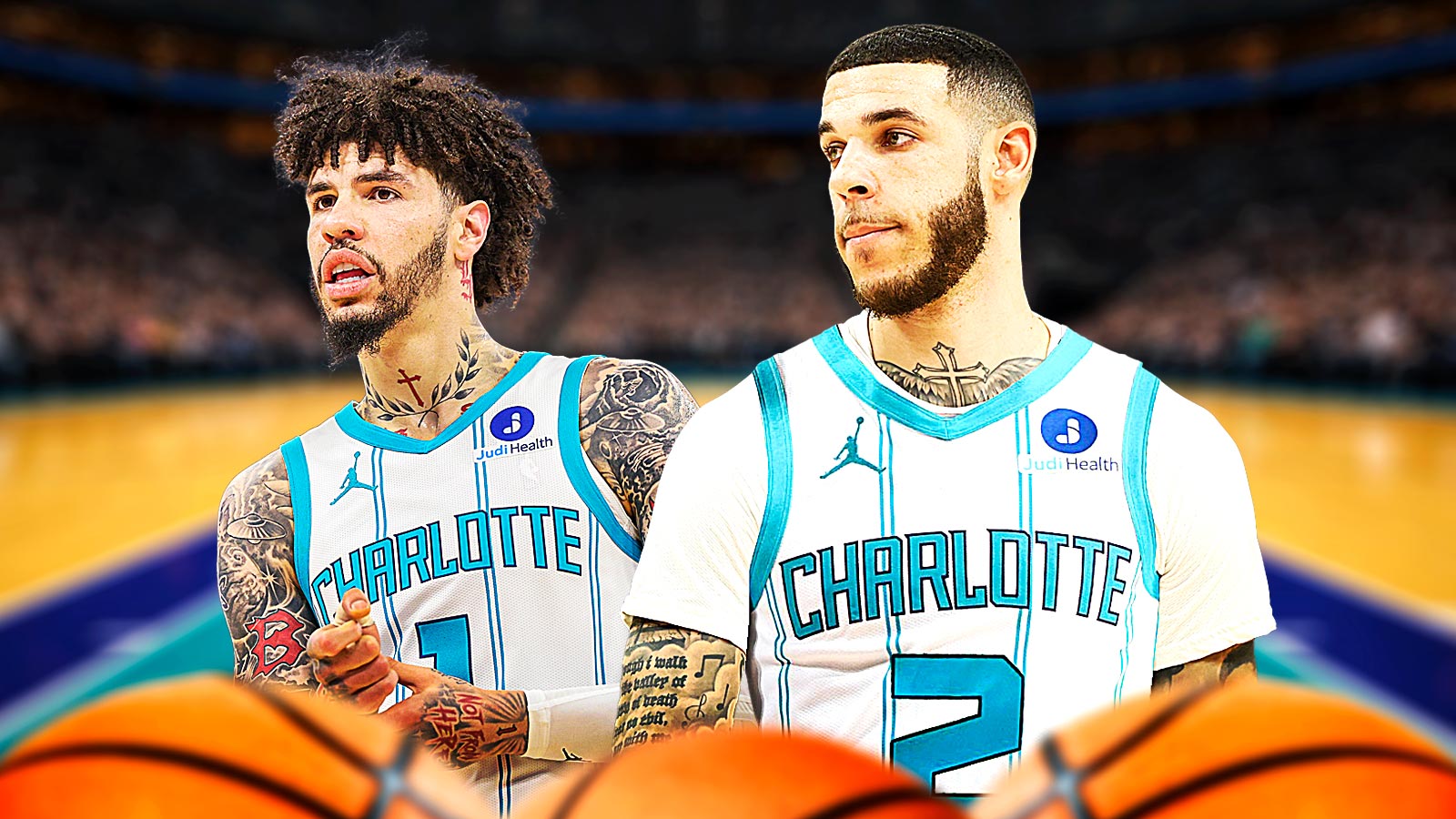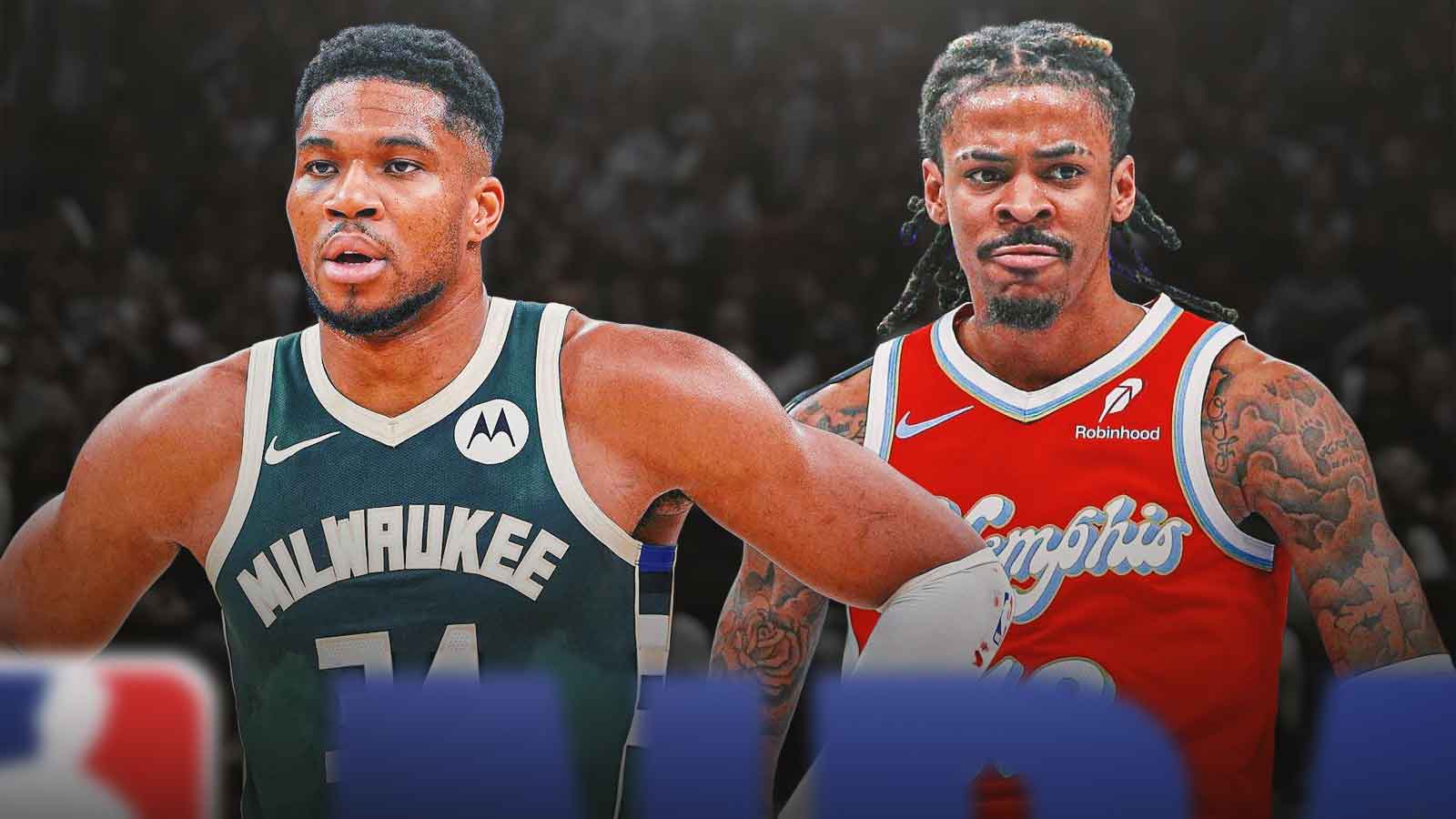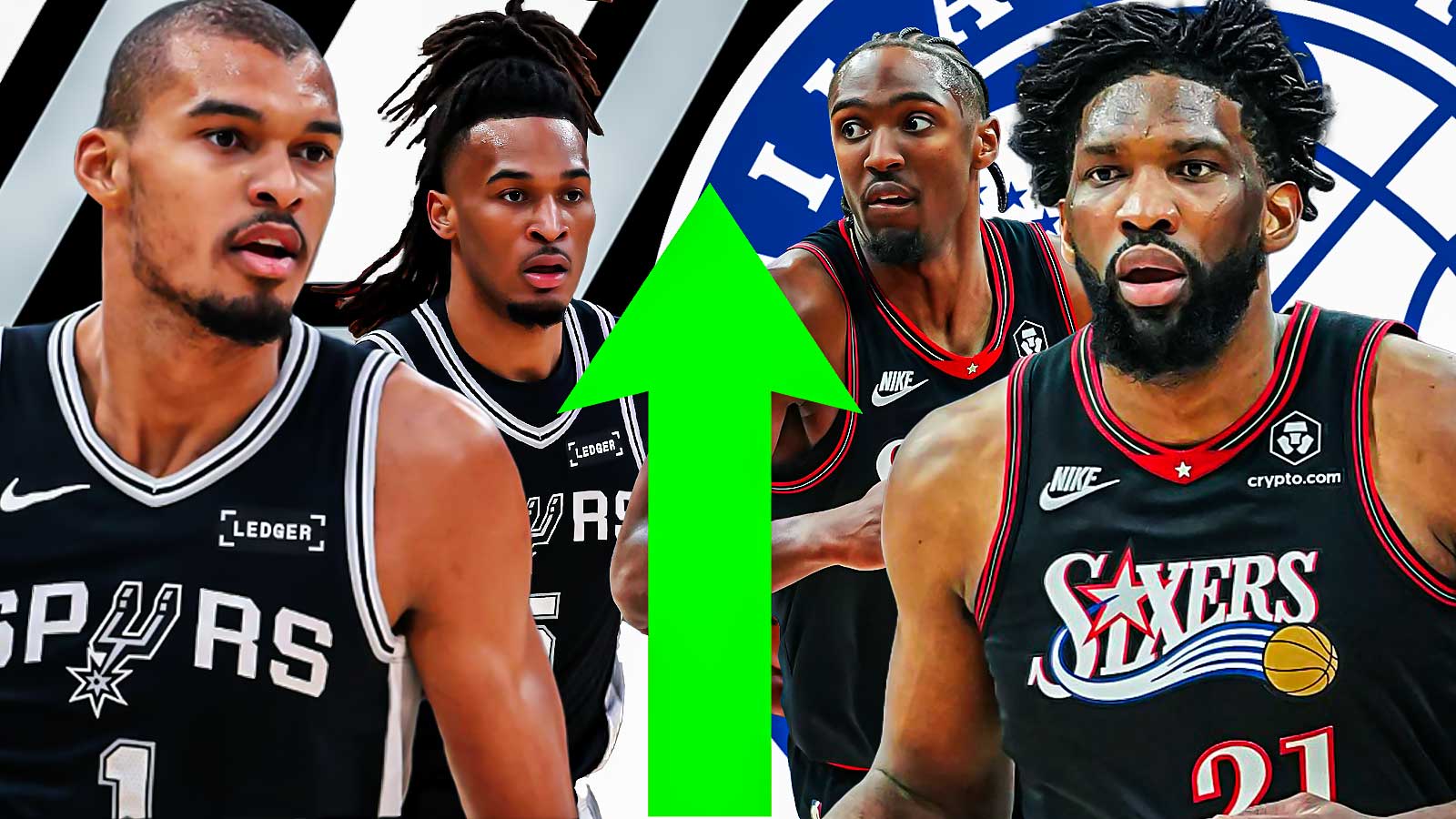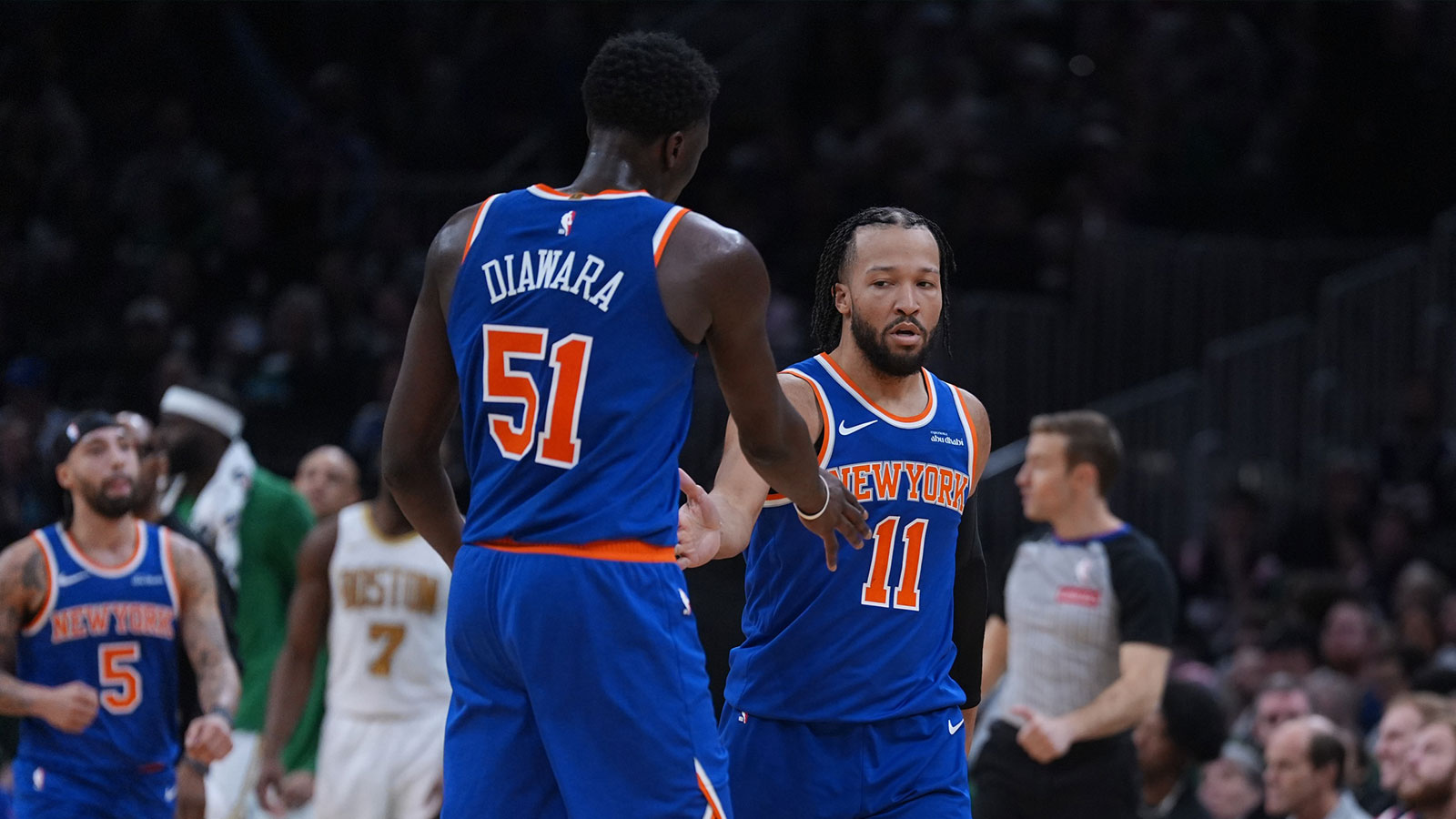Some NBA fans always seem to find a reason to hate LeBron James. In fact, I used to be one of those people.
As a kid growing up the suburbs of Chicago, it was hard not to be indoctrinated into the “Michael Jordan is the greatest basketball player of all-time” status quo.
LeBron James seemed to be the antithesis to Jordan in my teenage years. He left his hometown team, the Cleveland Cavaliers, to form a “Big Three” in Miami alongside fellow All-Stars Dwyane Wade and Chris Bosh.
The Heat subsequently became the villains of the league, with LeBron James openly embracing his supervillain status.
But the more I have grown to understand and appreciate the game of basketball, the more I have come to understand and appreciate James' legacy.
We are talking about a player who came straight out of high school amid an endless stream of hype and exceeded all expectations. LeBron James experienced team and individual success early in his career, in an era still dominated by stars like Hall of Famers Kobe Bryant, Tim Duncan and Kevin Garnett.
Sure, the first title would not come until James joined forces with Wade and Bosh in Miami. Did the Celtics not observe a similar policy by teaming Paul Pierce with Garnett and Ray Allen in 2008? Did the Bulls not make a trade for a noted defensive stopper and All-Star in Dennis Rodman to solidify the second three-peat?
There are always those who will try to deflect from LeBron's greatness. Take this graphic for example.
LeBron haters are the worst😂😂 pic.twitter.com/JMcrtCiUVn
— NBA Retweet (@RTNBA) October 20, 2020
We are going to debunk the idea LeBron James was somehow “saved” en route to his four NBA championships, with a few reminders in tow.
Precursor
Before getting to the wins, let's actually start by addressing LBJ's championship losses, shall we?
Jordan stans always reference MJ's undefeated Finals record. But the reality is the talent pool in today's NBA is deeper than it has ever been, and Jordan also never faced some of the circumstances as LeBron.
Take LeBron's 2007 Finals loss to the San Antonio Spurs, for example. LeBron James was a 22-year-old going against a legitimate Spurs dynasty going for its third NBA title in five years.
Where was Jordan at 22 years old? Ah, yes. He was a rookie. Granted, LeBron James had been in the league for four years when he made this Finals appearance. At the same time, he and the Cavs defeated one of the best teams of that era (Detroit Pistons) to reach the Finals, with LeBron averaging over 25 points and scoring 48 in a historic, double-OT win over the Pistons in Game 5.
By comparison, it took Jordan seven years to reach the Finals, and he suffered multiple defeats at the hands of the “Bad Boys” Pistons teams.
What about 2014? Simple: the Spurs were a much better team. Need more proof? James averaged over 28 points, close to eight rebounds and two steals while shooting over 57 percent from the field and nearly 52 percent from deep. It was not nearly enough.
Wade and Bosh were both playing hurt, with D-Wade averaging just 15.2 points per game and posting a -31 net rating for the series. LeBron James stood no chance against one of the most well-rounded teams of the last decade, with Kawhi Leonard taking his first steps as a generational star.
The same can be said for losses in 2017 and 2018. Golden State simply had too much after adding Kevin Durant to an already historically-great roster.
Look at LeBron's numbers in both series' and the horrific roster he dragged to the Finals in 2018. Hard to pin that one against him.
The lone stain on LeBron's legacy is the 2011 Finals. But merely citing his 4-6 record is the mark of a “casual,” in context.
Ok, now let's address the wins.
2012: “Strike Season”
This argument is just awful.
LeBron's 30.74 player efficiency rating was the 15th-best in NBA history. He led the league in win shares, box plus-minus and value over replacement player (VORP).
More notably, this was James' best playoff run with the Heat. He had a 3.1 value over replacement mark, the second-highest of his playoff career. LeBron James played nearly 40 minutes per game, averaging 30.3 points, 9.7 rebounds and 5.6 assists.
Not to mention, LeBron had a career-defining performance with the Heat facing elimination against the Celtics in Game 6 of the Eastern Conference Finals. He scored 45 points and pulled down 15 rebounds while shooting an absurd 19-for-26 from the field, helping the Heat recapture the momentum.
LeBron James also had a triple-double in the series-clinching game against the Oklahoma City Thunder in the Finals.
If anything, the better argument would have been Derrick Rose's career-altering ACL injury, which essentially removed the Bulls as Miami's top contender in the East. But simply citing the lockout is ludicrous, especially when teams still played 66 regular season games that year.
2013: Ray Allen
It is true the Heat lose to the Spurs if Allen does not make his iconic three-pointer with Miami trailing in the waning moments of Game 6.
You know what else is true? Allen does not even have the chance to tie the game if not for a LeBron James triple with the Heat trailing by five and 20 seconds remaining.
In fact, the Heat have no chance of winning that game without LeBron's heroics. Miami trailed by 10 entering the fourth, but James proceeded to score 16 of Miami's 30 fourth-quarter points while shooting 7-for-11 from the field.
So, let's dispel the notion Ray Allen saved LeBron. Yes, Allen hit the defining shot, but LeBron James absolutely carried the Heat on his broad shoulders in that fourth quarter, and they would have ben lost without a Herculean effort from LeBron.
Here's the other thing: the Heat still had to win Game 7, and LBJ put on another tremendous performance in the winner-take-all contest. LeBron James scored 37 points and grabbed 12 rebounds. He also hit the key jumper to put Miami up four with under 30 seconds to play in the fourth.
James was historically great for the Heat that year, and every bit as good in the playoffs. Merely pointing to the Allen shot is a disservice to the kind of series LeBron James had against a legitimately great Spurs team that would demolish all comers the following year.
2016: Kyrie Irving
Again, another stupid argument. Kyrie hit the big shot in Game 7 of the 2016 Finals, just as he had hit big shots all series long.
But, again, let's rewind.
LeBron's two-game run in Game 5 and Game 6 is one of the greatest in NBA history. He had 41 points, 16 rebounds, seven assists, three blocks and three steals in Game 5, leading the Cavs to a blowout victory on the road against a 73-9 Warriors team.
LeBron James was every bit as good in Game 6, scoring 41 points to go along with 11 assists, eight rebounds, four steals and three blocks in another blowout win. He absolutely dominated in the fourth quarter, scoring 17 points and willing the series to Game 7.
With a title on the line, LeBron James delivered. He had yet another triple-double in a series-clincher, which is more than most players in league history can say. Moreover, LeBron had another career-defining moment before Irving made the eventual game-winner.
Yes, James' chase-down block on Andre Iguodala is one of the most stunning defensive plays in NBA history, and it might have saved Cleveland's title hopes.
LeBron James will get criticized for his poor shooting performance in that game. But it is also important to remember–aside from the block–he still had to make one more play with the Cavs up just three and 30 seconds remaining.
Indeed, James got to the free-throw line, nearly packing one home on Draymond Green. LeBron then made one free throw to clinch the title.
Much like the situation with Ray Allen, it was Irving who made the shot. But LeBron James' outstanding series and seminal moment delivered with the block are every bit as memorable and sensational in hindsight.
2020: The Bubble
Citing the “bubble” is another way of saying James and the Los Angeles Lakers avoided teams like the Clippers and the Milwaukee Bucks.
Well, if those teams were really among the best in the league, they would have won. The Clippers blew a 3-1 lead to the Denver Nuggets. Meanwhile, the Heat used the same strategy as the Toronto Raptors from last year, packing the paint and sending help at Giannis Antetokounmpo to beat the Bucks.
We also should not forget just how impressive it was for LeBron James and Co. to restart the way they did in Orlando. James was on a tear after the All-Star break, and starting to gain serious traction on Giannis in the MVP conversation. But then the season was suspended due to COVID-19, and players were left to wonder what would come of their year.
LeBron James takes tremendous care of his body. But to ramp the activity level back up after months of inactivity is impressive enough, let alone amid a period of social strife and a global pandemic.
Then there's this: LeBron hooped in Orlando.
LeBron James averaged 27.6 points, 10.8 rebounds and 8.8 assists in the playoffs, shooting 56 percent from the field and 37 percent from deep.
LeBron capped it off by winning Finals MVP after averaging 29.8 points, 11.8 rebounds and 8.5 assists while shooting nearly 60 percent from the field and close to 42 percent from deep. He also had the best net rating among all Laker players.
Anybody who watched the NBA restart knows it was some of the highest quality of basketball and shot-making we had seen all year. Does that not lend more credit to what LeBron James and the Lakers achieved in the bubble?
Postscript
It is unlikely fans will ever come to a consensus with respect to the “GOAT” debate. But it is time to stop trying to delegitimize LeBron's rings and recognize his greatness.
LeBron James is indeed one of the best players to ever step on the hardwood, and he has earned every single accolade he has received in his career. To say anything else is an egregious disservice to his basketball legacy.



